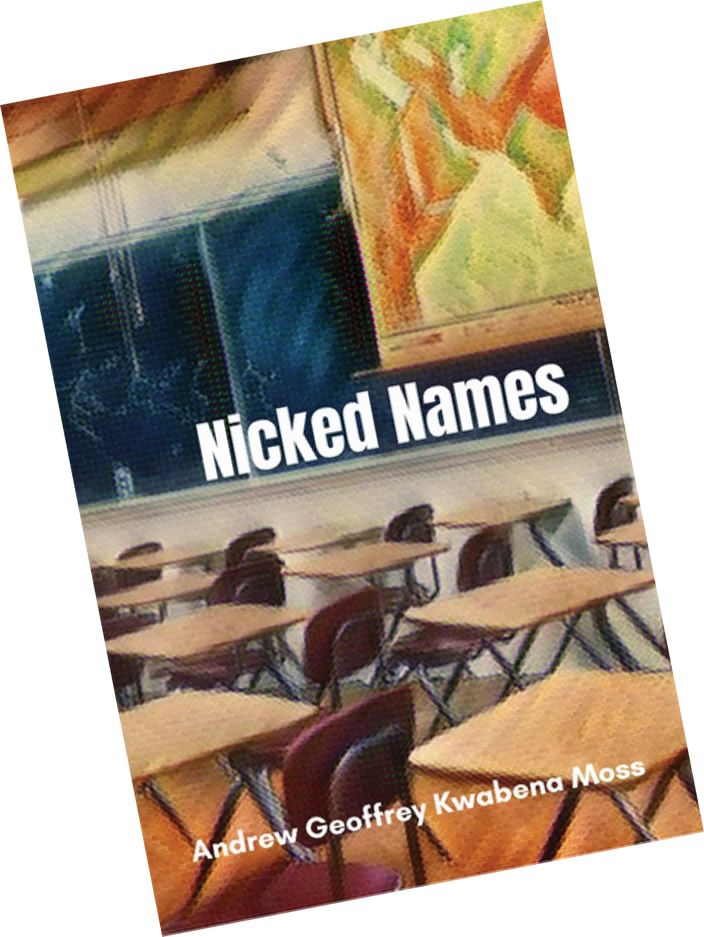
IEU Rep Andrew Geoffrey Kwabena Moss talks about writing his book, Nicked Names.
“I am a Goulburn-based, Anglo-Ghanaian author, teacher and IEU Rep. In my debut novella Nicked Names, I seek to reclaim the racist nicknames of my youth and inspire the next generation.
In Nicked Names, high school student Norman ‘Zebra’ Smith, half British and half Ghanaian, lives at the crossroads of race and identification.
In response to racial slurs from other students, Norman embraces hybridity and forms a Rainbow Alliance with other ethnic minority students against black and white judgements. Inspired to act by a colourful combination of hip hop, his teacher Mr Neal and the US civil rights movement, Norman and his allies use the unlikely arena of a high school auditorium to expose the racist bully Goodwin and his henchmen.
Choosing to own their ‘nicked names’, Norman and his friends take centre stage, silencing their opponents and proving the power of word to unite us all.
The idea first germinated when I enrolled in a Writing for Children and Young Adults course with Adelaide Arts College back in 2012.
Addressing themes of racism, bullying and complex identities, my work explores and challenges liminal landscapes and the social constructs of race. I have a passion for investigating hidden histories and amplifying under-represented voices.
My poetry has been widely published in Australia, the UK, US, Caribbean and India. Childish Recollections, my debut poetry collection, is published by The Black Spring Press Group in London. I perform poetry at That Poetry Thing at Smith’s Alternative in Canberra.
The first poem I wrote was an ode to the Year 2/3 class I had for my first teaching practicum. They were not the receptive audience I had hoped for, but they provided instant feedback on how important performance can be in delivering poetry.
After a first degree in History/Politics, I almost enrolled in Secondary Teaching Training but decided some ‘life experience’ was necessary before floundering in the classroom! Pursuing my dual love of language and culture, I completed a TESOL course and taught English to K-Adults in Japan for two and a half years. The challenge of teaching primary age students and my interest in students’ reading development led me to study a Primary PGCE in the UK.
I taught in a multicultural London school for eight years, and it was there that I was introduced to the Australian diaspora, making firm friends with several Antipodeans. In 2008, having married a Goulburn girl, we decided to formalise the exchange program and move to Australia.
I am now the proud father of three Anglo-Ghanaian-Australian children: Oscar, Charlie and Ruby. I have taught in primary and middle schools since then in Goulburn and Canberra.
I enjoy my role as an IEU Rep, supporting my colleagues; amplifying their voices; acting as a link between the union office and teachers at the chalkface and keeping members informed of their rights in what can be a demanding job.
I am pleased that the IEU is committed to learning more and taking action over racial inequality, which affects us all, and supports the Racism – It Stops With Me campaign.”
Nicked Names (suitable for Ages 12+), published by RoseyRavelston Books is available at RoseyRavelston Books, Amazon, Book Depository and Barnes & Noble. For your chance to win a free copy, see Giveaways.



































































































































